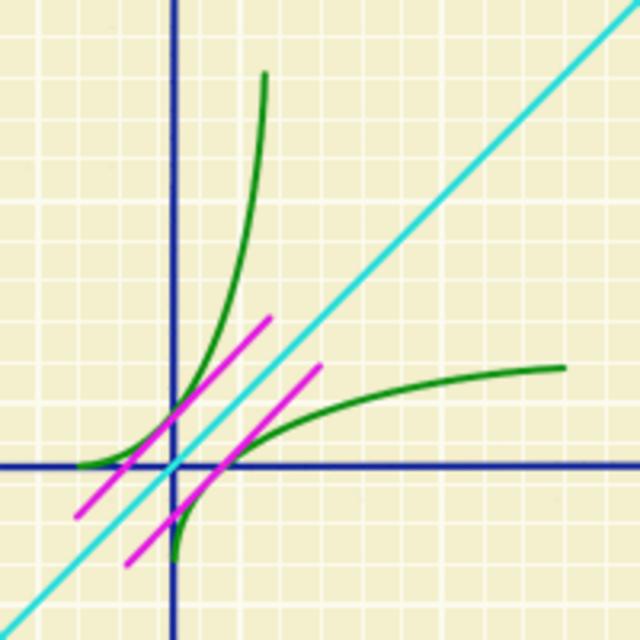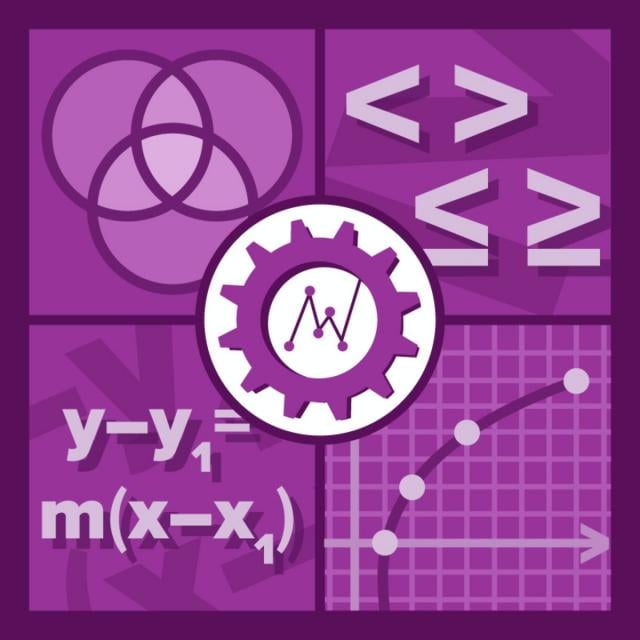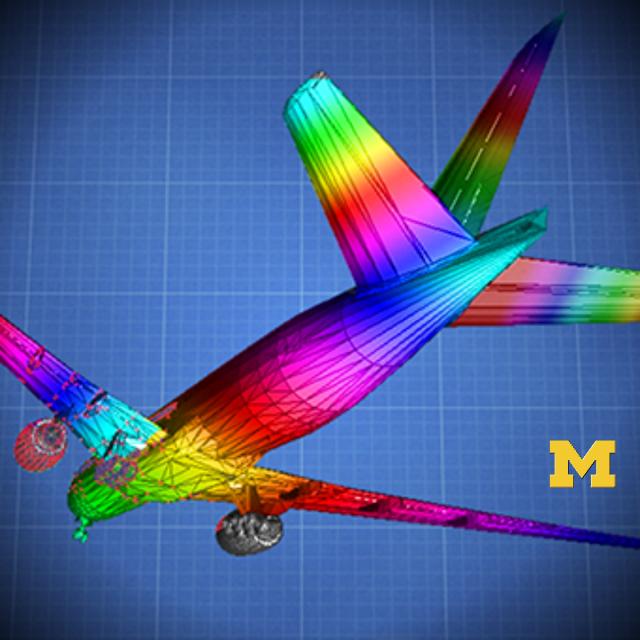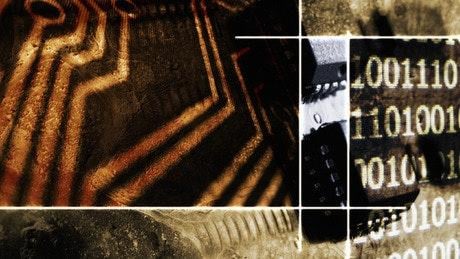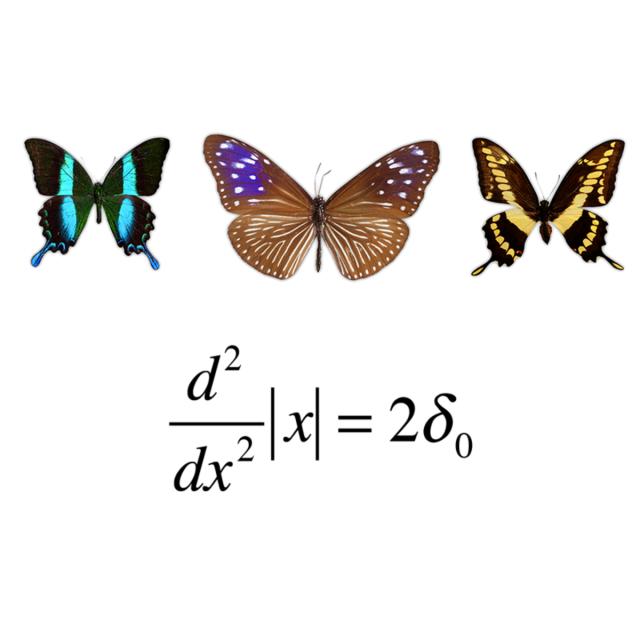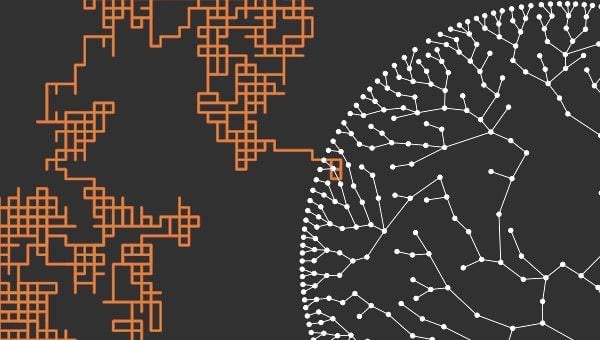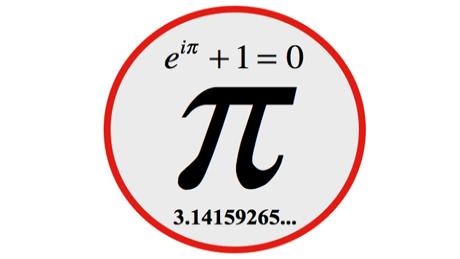Introduction to Calculus (Coursera)
Categories
Effort
Languages
The focus and themes of the Introduction to Calculus course address the most important foundations for applications of mathematics in science, engineering and commerce. The course emphasises the key ideas and historical motivation for calculus, while at the same time striking a balance between theory and application, leading to [...]
Apr 22nd 2024

